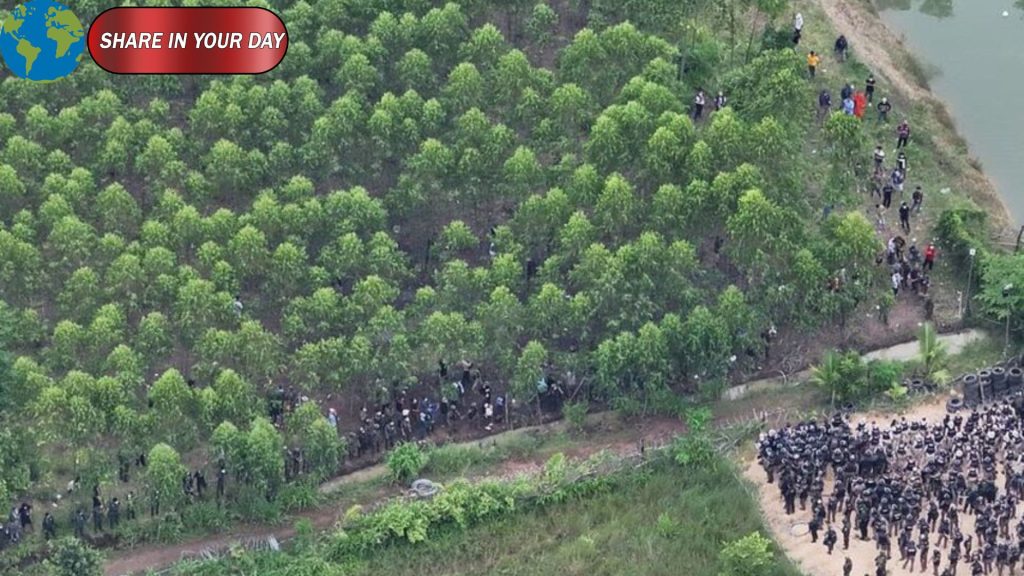Malaysia Pushes for Ceasefire Pact at ASEAN Summit
Malaysia has expressed hope that Thailand and Cambodia will formalize a ceasefire agreement during the upcoming 47th ASEAN Summit in Kuala Lumpur later this month. The proposed agreement — to be named the Kuala Lumpur Accord or Kuala Lumpur Declaration — would be facilitated by Malaysia and the United States.
Foreign Minister Datuk Seri Mohamad Hasan told media the two countries have reportedly agreed in principle to end hostilities, and that Malaysia is ready to coordinate the process of verification and oversight.
Background: July Border Clashes and Temporary Truce
The push for a new agreement comes after serious clashes erupted in late July along the Thailand-Cambodia border, reportedly killing at least 48 people and displacing hundreds of thousands.
Under mediation by Malaysia, and with diplomatic involvement from the U.S. and China, Thailand and Cambodia announced an immediate and unconditional ceasefire effective from midnight, July 28. In that agreement, both sides pledged to de-escalate, restore trust, and resume bilateral talks.
In subsequent meetings, both nations agreed to deploy ASEAN observer teams to monitor compliance, though tensions over captured soldiers and violations have persisted.
What the Kuala Lumpur Accord Could Cover
If the parties reach consensus at the summit, the accord is expected to include:
- Formal commitment to cease hostilities across disputed border zones
- Mine and artillery removal from key areas
- A monitoring mechanism, possibly overseen by ASEAN, Malaysia, and cooperating states
- Steps toward restoring cross‐border dialogue and trust
Malaysia has volunteered to coordinate observers and logistical support to verify implementation
Challenges Ahead
While optimism is high, several challenges remain:
- Trust deficit. Both sides have accused each other of ceasefire violations.
- Captured soldiers. Cambodia insists on the release of 18 troops detained by Thailand, a sore point in negotiations.
- Sovereignty concerns. Thailand prefers bilateral resolution over international adjudication, while Cambodia has emphasized recourse to the International Court of Justice in past disputes.
- Enforcement and verification. Creating a credible, neutral mechanism that both sides accept will be complex.
Outlook
If successfully signed, the Kuala Lumpur Accord could transform a brittle truce into a durable peace framework. It would strengthen ASEAN’s role in regional conflict resolution — a win for regional diplomacy. Malaysian Prime Minister Anwar Ibrahim has already hailed the earlier ceasefire as one of ASEAN’s proudest moments.
However, much will hinge on political will, transparent verification, and how both parties manage residual tensions. The coming weeks leading to the ASEAN Summit will likely see intense diplomacy behind the scenes as all parties seek to solidify the pact





